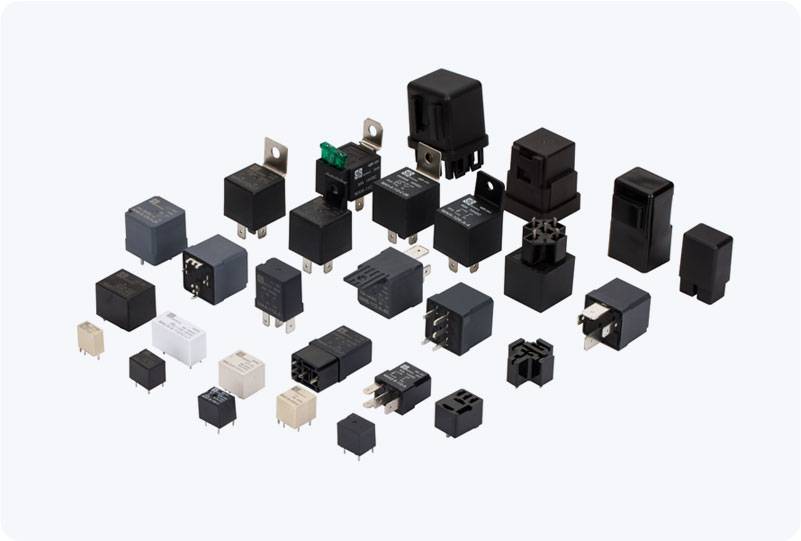A Motor Control Power Relay is a crucial component in the automation and control of electrical systems, particularly those involving motors. These relays are used to regulate the power supply to motors, ensuring that they operate correctly and efficiently. They play a key role in applications ranging from industrial machinery to household appliances, ensuring the safe and reliable operation of electric motors in various environments. This article aims to explore the essential features, functions, and applications of motor control power relays.

What is a Motor Control Power Relay? A motor control power relay is an electrically operated switch that is used to control the power delivered to an electric motor. This type of relay is designed to handle high current and voltage levels required to start and stop motors, especially in industrial and commercial applications. The relay typically consists of a coil, an armature, a set of contacts, and a spring mechanism. When an electrical signal is sent to the coil, it generates a magnetic field that moves the armature, either closing or opening the contacts to control the flow of electricity to the motor.